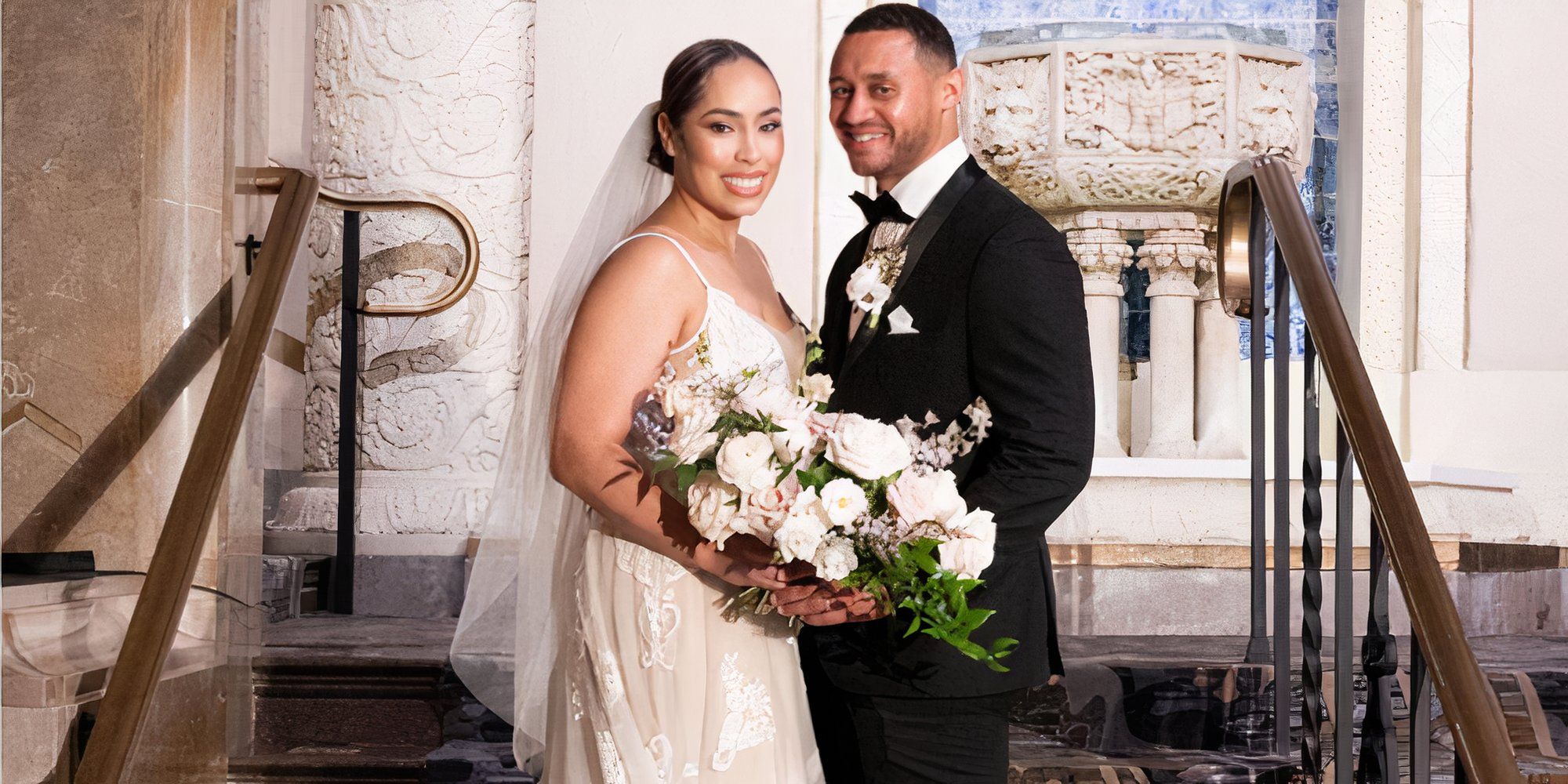
For any young-adult readers who’ve had their fill of trilogies set in the dystopian future, the historical novels of Sally Nicholls will be a breath of fresh air. In the past 10 years, she has galloped us through the centuries: All Fall Down (2012) was set in a remote Yorkshire village during the Black Death, then came Things a Bright Girl Can Do (2017), a coming-of-age story about teenage suffragettes that scooped up the Waterstone’s Children’s Book Prize and two Carnegie nominations. Can she pull it off again?
This time, Nicholls transports us back to 1896, where we join Tirzah, Sophia and Polly, best friends who have recently left boarding school and are embarking on very different paths. Tirzah is caring for her housebound grandmother (“I am so lonely I could die… Grandmother sees nobody, visits nobody, goes nowhere”); Polly is teaching at an orphanage (“We take little children who would otherwise be sent to the workhouse or end up starving on the streets… there are so many more children than we can ever help”); and Sophia is gadding about London, funded by a rich, snobbish aunt: “No, I have not fallen in love yet – though I certainly intend to be married before the end of the Season.”
Nicholls tells the story through the letters of the three girls, most to each other, but a few to suitors and acquaintances. In less capable hands, their experiences of being women at the end of Queen Victoria’s reign might read less like a work of fiction and more like a set of primary sources for a GCSE History module. As Nicholls points out in a foreword, her book is set at a time when “social norms, as ever, are lagging behind scientific progress”: British women will not win the right to vote for another 20 years.
But Nicholls is too good a writer to let her characters feel contrived – and it is her ability to create three distinct, persuasive voices that makes for such a rewarding book. The letters range from brief dismissals to a suitor – “Dear Sebastian, I hate you” – to long, heartfelt outpourings in which, over the course of the book, each girls’ character is slowly unravelled: “I would give anything to be back at school with you all. Even needlework class and gymnastics would be better than a small Scottish village in the middle of nowhere!”
In the acknowledgements to Yours from the Tower, Nicholls refers to a range of reading materials, from EM Delafield’s 1919 novel Consequences to MV Hughes’s 1934 memoir A London Child of the 1870s. But Nicholls wears her research lightly, using few dates and no footnotes, and the chatty, epistolary style of her writing will appeal equally to less able readers.
Those new to the period will learn much about what it was like to be a young girl in late Victorian England. But as with all the best historical novels, the pleasure of the story lies in the fiction, rather than the fact.
Yours from the Tower is published by Andersen at £14.99. To order your copy for £12.99, call 0844 871 1514 or visit Books











